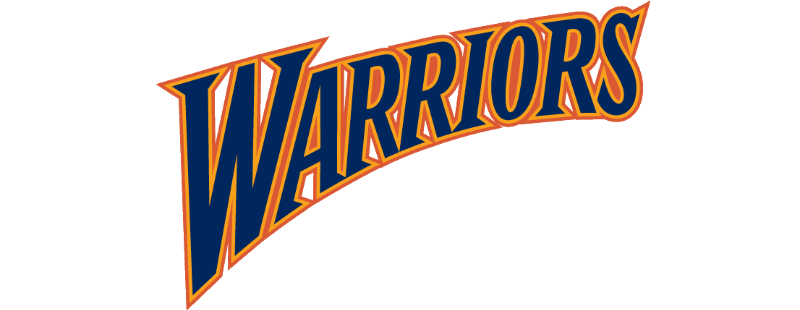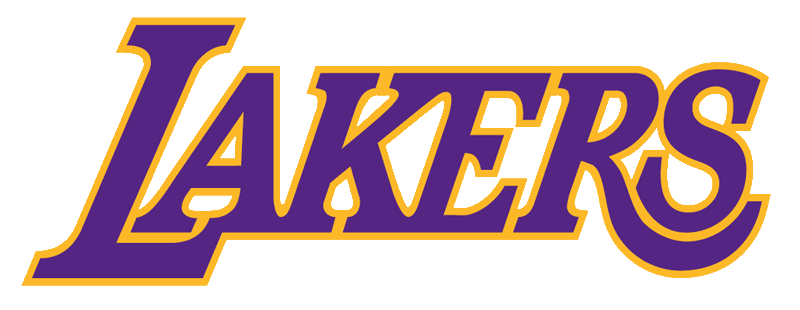Inspired By True Events: Five Of The Best Sports Stories Ever Told
Sports movies come in all shapes and sizes. They run the gamut from comedy to drama, and everything in between. It’s a genre unto itself, but the one thing they have in common with films from every other genre is that stories based on real life events, when done right, have a particular power to move us. True stories often resonate more with audiences for the simple fact that they’re true.
The people involved are real, their emotions are real, and the things that happen to them have an impact in the real world. Over the top characters like Rocky Balboa or even Happy Gilmore are obviously very memorable, but they will never carry the same cultural significance as someone like Rudy Ruettiger, whose first name has been synonymous with underdog since Rudy was released in 1993.
Of course Ruettiger’s story was greatly exaggerated for schmaltzy sentimental impact and has lost a bit of its luster in recent years, which is why it doesn’t quite measure up against some of the genre’s heavyweights. That being said, let’s take a look at five of the best sports true stories ever told.
As the first African-American player to break baseball’s seemingly impenetrable color barrier, Jackie Robinson holds a place in history that transcends sports. 42, obviously named for the number he wore, is a biographical film that chronicles Robinson’s career, first in the minor leagues and later as he ascends the the majors after being called up by the Brooklyn Dodgers.
The bulk of the film centers around the 1947 Dodgers team and Robinson’s contributions in leading them to an NL pennant. Also a main focus are the many obstacles he encounters and indignities he suffers in a segregated American that was still nearly two decades away from passing the Civil Rights Act.
The Blind Side is the Oscar winning story of NFL offensive tackle Michael Oher, who is taken in by a well-meaning Leigh Ann Tuohy, played by Sandra Bullock, who won the first Best Actress of her career for the portrayal.
After some initial trepidation, the Tuohy family soon comes to accept Oher as one of their own. As Oher becomes more comfortable in his new surroundings, his schoolwork improves and he finally begins to flourish on the football field.
Once a long shot at best to even graduate high school, Oher becomes one of the most hotly recruited prospects in the SEC and goes on to a successful collegiate career at Ole Miss and later the NFL.
Mark Wahlberg stars as boxer Micky Ward in The Fighter, a film that he fought to get made for nearly a decade, but it’s Christian Bale that steals the show as his older half-brother, Dicky Eklund. Ward struggles to fulfill his promise as his mother, played by Melissa Leo, mismanages his career and his brother battles a crippling crack addiction.
Eventually he finds balance in his life and professional success, thanks in large part to his girlfriend, Charlene Fleming, played brilliantly by Amy Adams. Unfortunately Wahlberg’s acting contribution to the film was largely overlooked, Bale and Leo both won Oscars for their performances.
Based on the book Moneyball: The Art of Winning an Unfair Game by Michael Lewis, screenwriter Aaron Sorkin does the impossible by making sabermetrics accessible and compelling to an audience beyond hardcore baseball fans. Brad Pitt stars as Oakland A’s general Manager Billy Beane and Jonah Hill as his assistant Peter Brand.
The film chronicles the 2002 A’s team, who Beane assembled with a very limited payroll by employing the sabermetric approach to scouting players. His team struggles early in the season, but improve steadily and even string together 19 consecutive wins, tying for the longest winning steak in AL history. Although they make the postseason, Beane comes up well short of a World Series championship.
Both Pitt and Hill earned Oscar nominations for their performances. Overall the film was nominated for six Academy Awards, including Best Picture.
An underdog story like Hoosiers is always the way to go if you want to win the hearts and minds of the masses. When Norman Dale (played by Gene Hackman) arrives in the rural Indiana town of hickory to coach the basketball team, he has a lot to prove because he was fired from his previous job for hitting a student.
The school is very small, so Dale has limited players with limited talent on the team, and the team’s star player, Jimmy Chitwood, decides to take the season off to focus on his studies. He and the team struggle early, and Dale’s temper gets him ejected from more than one game.
When he enlists the help of Shooter, the alcoholic father of one of his players, he is nearly fired until Chitwood steps in and promises to return to the team if Dale stays on as coach. With Chitwood in the mix, the team becomes unstoppable and even goes on to win the 1952 Indiana State Championship.
Everyone knows that Miracle is the story of the improbable victory of the United States’ men’s hockey team over the heavily favored Soviet team at the 1980 Olympics in Lake Placid.
But it goes without saying that Miracle isn’t just a movie about hockey, or the Olympics or even sports. (Warning: This is about to get seriously patriotic.) In reality, this is a story about America, freedom and the ultimate triumph of democracy over communism and the eventual end of the Cold War. Sure that didn’t all happen in its entirety in 1980—but it did within the next decade.
The day after the loss, the Telegraph Agency of the Soviet Union (TASS) office in Lake Placid had a handwritten note taped to the door that read, “Today Closed We Are.” Today we’re afforded the benefit of hindsight and know that wasn’t just a sign stating their office hours—it was a sign of things to come.




